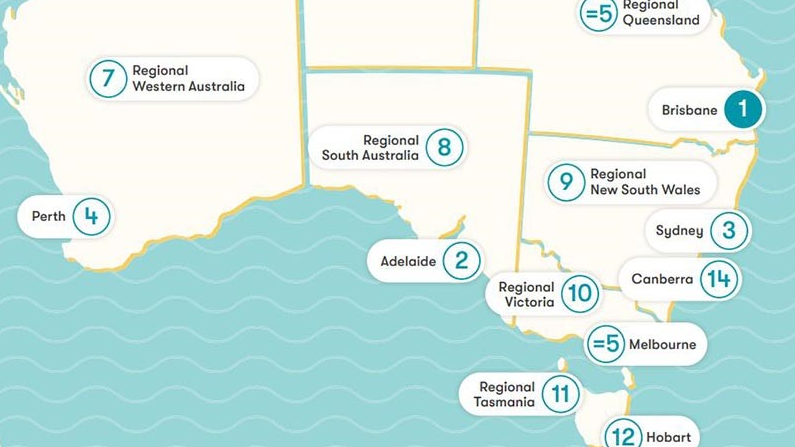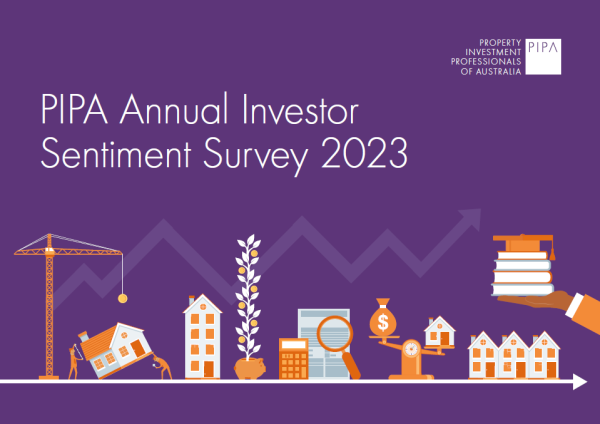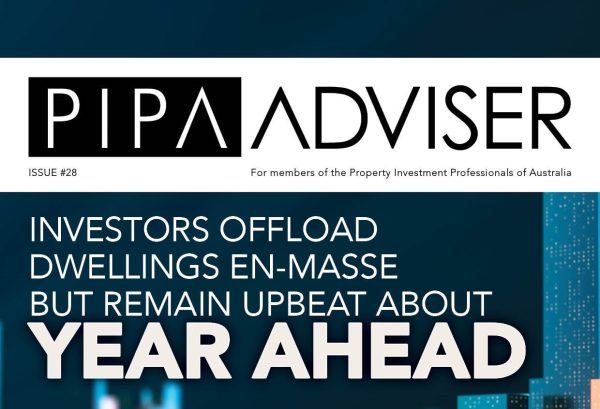The data-lag dilemma for hot-market buyers
Sep 2021Karen Millers
Categories
Location ReportsMedia releasesNational market updatesPersonal advisersPIPA AdviserPIPA Annual Investor Sentiment SurveysPIPA Member ProfilesPIPA video updatesPIPA webinarsPodcastsProperty advisersProperty newsLatest Articles
‘More chance of winning lotto’ than housing targets being met
PIPA Member Profile | Amanda Turner, Opulence Property
Buying property on behalf of clients is a complex business that requires the utmost care. We are assisting in one of life’s most significant financial transactions, so it’s crucial we help them make well-informed decisions.
And the challenges are multiple. From helping clients define their needs and balance expectations with budgets, through to sourcing properties and conducting due diligence on everything from town planning to nearby infrastructure proposals.
However, in recent months, buyers and their agents have been thrown an additional curveball that’s compounded the degree of difficulty when it comes to purchasing real estate.
In markets, like the present one, where prices are rising quickly week on week, how do you keep up with what things are worth?
It was a subject we tackled in our March 9 episode of The Property Planner, Buyer and Professor podcast where David Johnston, Peter Koulizos and I discussed the problem and floated solutions.
The data challenge
One of the most essential tools in a property buyers utility belt is good comparable sales evidence.
Reliable sales evidence is the linchpin to accurately assessing market value. It is foundational information in determining how much is enough (or too much) to pay for a particular property.
Good comparable evidence comprises a number of characteristics which you compare with your potential purchase – or, as it’s known, your ‘subject’ property.
Sales evidence should be as similar as possible to the subject physically. The evidence should also be in close proximity to the subject, so it benefits from access to the same services and facilities.
Sales evidence should also be as recent as possible to ensure it reflects current market conditions.
Last, but not least, a good comparable transaction should fall within the definition of market value.
That is, it should be a price attained between a willing buyer and a willing seller in an arm’s length transaction where neither are so eager to trade as to overlook reasonable financial considerations. For example, a sale between a parent and their child might not be good evidence if the parents gave their offspring a discount price.
When prices are relatively stable over long periods, sales evidence – even if it’s a little older than you’d like it to be – provides a reliable indication of a subject property’s value.
But the current hot property market has created conditions which have made the use of normally reliable sales evidence risky.
A testing time
During our podcast chat, Peter pointed out two reasons why normal sales evidence has become less reliable.
Firstly, confirmed sales information is not timely enough for this fast-moving market.
As Peter said, in the normal course of events a buyer and seller agree on a price and sign a contract.
Then, in most instances, there’s a 30-day settlement period so the buyer can complete enquiries – such as building and pest inspections – and arrange their finance. In fact 60-day, and even 90-day, settlements are common.
Then, once settled, the sale needs to be registered and processed with the relevant authorities before it is recorded and confirmed as part of the public record. It is then considered reliable as a comparison.
But all this process means the time period between the agreed sale price and the transaction’s final registration can be three-to-six months.
When trying to assess the value of a property in a market where new price benchmarks are being set week after week, using sales evidence that is three or more months old is almost useless. By the time it’s on the record, the market has already shifted up a gear.
The second challenge in this market is that buyers are so desperate, they’re ignoring ‘the rules’ of market value. Peter, David and I have all seen buyers taking extraordinary steps to beat out their competition. Many are making offers well in excess of current value – and it’s frightening to those of us who understand the market.
Of course, each overpriced sale just drives prices higher as under-informed buyers continue to become more desperate in a bid to outdo each other.
The challenge is real and dangerous. Overpaying for property during a hot market can result in an extraordinarily risky outcome. When the market turns – and history tells us it will at some stage – overextended buyers can be in real strife.
The remedy
There are several strategies and solutions to help overcome data lag in hot markets.
Firstly – stay up to date with sales by drawing on information from agents and auctions. As a buyers’ agent, I attend auction events multiple times a week, and I talk to selling agents daily. This keeps me at the front of the price wave. I know my clients will likely have to pay a premium to secure a property, but I also know where the safe ‘tipping point’ is. Finding this walk-away price is crucial in avoiding potential financial disaster.
Secondly, understand as much as possible about market conditions now and in the future. If you have older sales evidence, but also understand how the market has changed in recent weeks, you can make reasonable allowances for price movements when running comparisons.
Our final solution requires the government to step up. As we discussed on the podcast, in this day and age it’s confounding that the process of approving and publishing property sales information takes three months. Surely this could be sped up? Perhaps early registration of sale details as ‘pending’ would assist. If the government really is concerned about runaway price growth, having a well-informed buyer pool is part of the solution.
In hot markets, staying up to date with values takes extra effort. The consequences of getting it wrong are that you might miss out on the property your desire. At worst, however, it can see you pay far too much for an asset and risk a future financial loss.
Cate Bakos, The Property Tribune, 7 April 2021
https://thepropertytribune.com.au/data-insights/property-values/the-data-lag-dilemma-for-hot-market-buyers/




